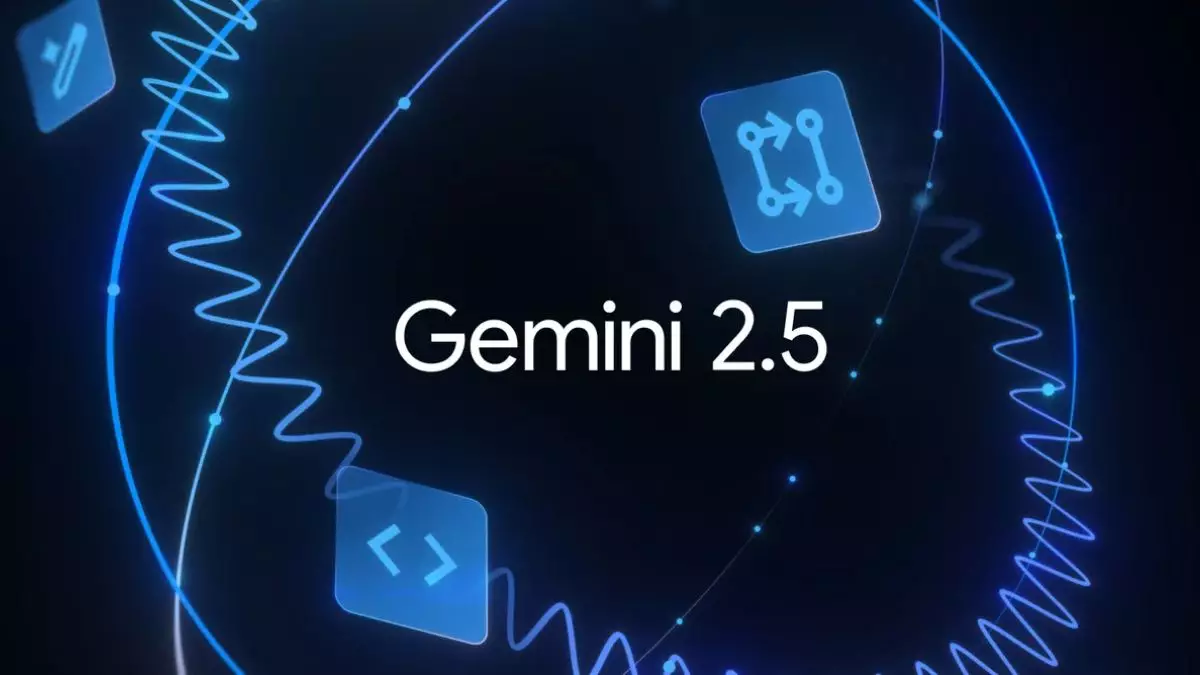On a transformative Tuesday, Google introduced the Gemini 2.5 family of artificial intelligence (AI) models, redefining the landscape of AI capabilities available to the everyday user. This substantial update not only releases stable versions of the Gemini 2.5 Pro and Flash models but also democratizes advanced functionalities by making them accessible to free tier users as well. This strategic decision emphasizes a growing trend in the tech world where enormous power is placed in the hands of the public, fostering innovation and creativity. The roles of users evolve from passive consumers to active collaborators, a transition that reflects a societal shift towards more inclusive technology.
A Glimpse into Gemini’s Core Features
The Gemini 2.5 family introduces groundbreaking features, including the ultra-efficient Flash-Lite model, boasting unparalleled speed and cost-effectiveness. This model is marketed as Google’s fastest yet, purported to excel across various categories, including coding, mathematics, and reasoning—essential tools for both casual users and professionals. In an age where efficiency is paramount, this progression represents an urgent need for technology that can keep pace with the demands of modern life. The Flash-Lite’s capabilities in multimodal tasks allow it to integrate diverse inputs and outputs, hinting at a future where human-AI collaboration is fluid and intuitive.
Moreover, this access extends significantly to users on the free tier, granting them opportunities previously reserved for premium subscribers. However, the trade-off remains clear: free users face daily limits compared to their paying counterparts. This nuanced tiered access points toward a growing inequity in technology where advanced features can be tantalizingly close yet remain just out of reach for those who cannot afford them. This model illustrates the stark reality of digital privilege, highlighting the complexities of access in a so-called ‘democratized’ platform.
Stability Over Glitches: An Impressive Rollout
Prior iterations of Gemini models have been plagued with errors and inconsistencies, a standard hurdle for any tech in beta. With the transition to stable versions, Google aims to ameliorate these issues, ensuring a smoother, more reliable user experience. The shift from a glitch-prone preview model to stable releases plays a crucial role in establishing user trust and reliability in AI. It reflects on Google’s commitment to quality assurance while reinforcing the importance of stability as a foundational element in software development. Every bug eradicated contributes to user confidence, a key currency in today’s tech landscape where brand loyalty often hinges on the user experience.
However, this transition also prompts questions about the pacing of technological advancements. Are these models being released prematurely, and do they genuinely reflect readiness and stability? The constant influx of updates can lead to a cycle of dependency and frustration among users who may find themselves perpetually adjusting to new functionalities. This paradox leaves us pondering whether the race for advancements will ultimately outstrip the quality of the products being delivered.
Integrating AI into Daily Life
The introduction of models that can tap into users’ Google Search histories and personalize responses represent a marked pivot towards a more individualized digital interaction. This personalization could improve user satisfaction dramatically by making AI not just reactive but also anticipative of user needs. Nevertheless, this step towards hyper-personalization raises significant ethical questions. Does this increased data access enhance user relevancy, or does it undermine privacy, making individuals susceptible to surveillance and manipulation? The notion of a ‘convenient’ AI often walks the tightrope of privacy infringement and user ease.
Additionally, incorporating such models into Google’s Search further simplifies user access to complex AI tools. It signifies a thoughtful integration of AI into familiar services, potentially transforming how users engage with both search engines and artificial intelligence themselves. However, this raises an equally important concern: are we preparing users adequately to navigate this complex terrain of AI-enhanced experiences? As AI becomes increasingly woven into the fabric of daily life, the need for responsible education around its usage grows more urgent than ever.
While the launch of Google’s Gemini 2.5 family embodies a significant leap in AI technology, the implications ripple beyond mere usability. It opens discussions on equity, stability, privacy, and the ethical considerations of integrating such powerful tools into everyday life. The conversation is just beginning, but one thing is clear: the path ahead is fraught with both remarkable possibilities and considerable challenges.


Leave a Reply